Publications
Articles, publications, books, tools and multimedia features from the U.S. Institute of Peace provide the latest news, analysis, research findings, practitioner guides and reports, all related to the conflict zones and issues that are at the center of the Institute’s work to prevent and reduce violent conflict.
Question And Answer
Why Counterterrorism in Afghanistan and Pakistan Still Matters
Question And Answer
What Does the Xi-Ma Meeting Mean for Cross-Strait Relations?

North Korea Poses Old Challenges to New U.S. Administration
Just a week before President Biden was inaugurated, North Korea provided a reminder that it would continue to pose challenges to Washington—but left the door open for renewed engagement. During Pyongyang’s eighth Party Congress, North Korean leader Kim Jong Un was surprisingly candid about his country’s economic struggles. He also followed a familiar refrain, emphasizing the importance of strengthening North Korea’s military capabilities and calling Washington enemy number one. The Biden administration will come into office facing the same situation with North Korea that has bedeviled Washington for decades.
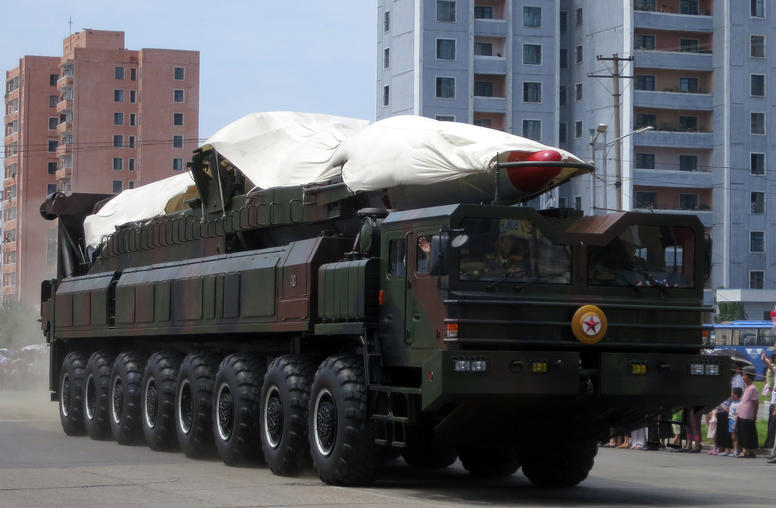
Nuclear Diplomacy with North Korea: What’s Ahead for the Biden Administration?
The Biden administration faces a situation with North Korea similar to what President Obama faced in 2009, with U.S.-DPRK engagement on its last legs. Obama appeared interested in reviving the Six Party Talks, but slow outreach to North Korea allowed Pyongyang to seize the narrative by conducting a satellite launch in April and a nuclear test in May, which doomed engagement for an extended period. Biden will face a similar decision about how to engage North Korea, including whether to move forward with joint U.S.-South Korea military exercises in March, and whether to reaffirm the outcomes of the 2018 joint U.S.-DPRK Singapore Statement, which Pyongyang has yet to renounce but is on life support.
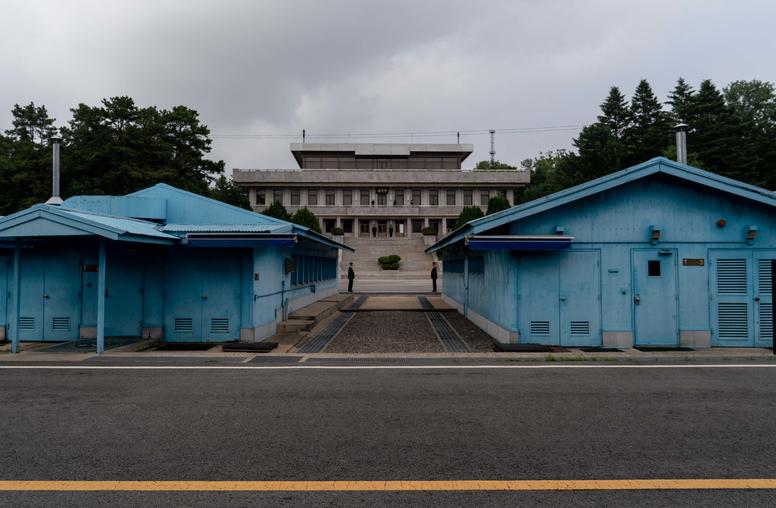
Four Ideas for a More Practical Approach to North Korea
A significant impediment for the United States is that it continues to narrowly limit its policy options while North Korean capabilities expand unabated. Washington’s window of discourse on North Korea policy largely consists of: Pressure the Kim regime through sanctions; don’t legitimize or reward it until preconditions are met; and don’t make any concessions until the North takes significant denuclearization measures first. To achieve any sustained results, these policy boundaries must be substantially widened to include more realistic and practical measures. We, along with our colleagues at USIP, explored many of these issues in a recent report, “A Peace Regime for the Korean Peninsula.”
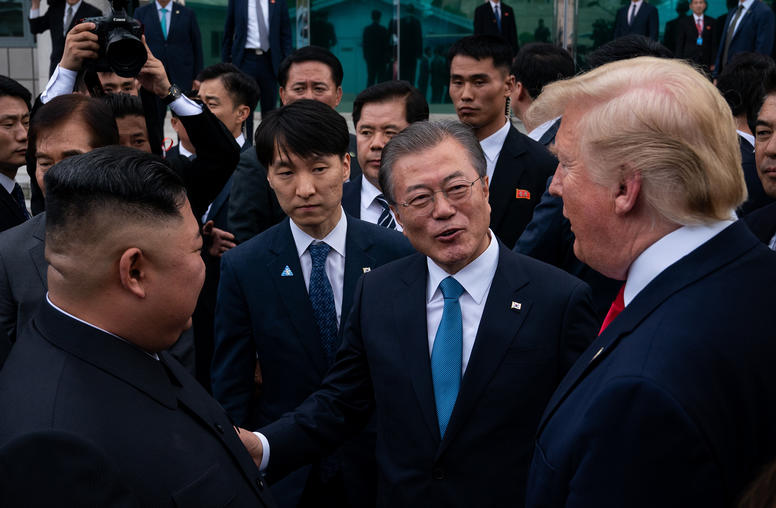
North Korea Blew Up Its Liaison Office with the South. What Now?
North Korea’s demolition this week of an inter-Korean liaison office that symbolized North-South cooperation marks a new spike in tensions between the countries, and in North Korean frustration with the United States. It was the latest in a string of inflammatory rhetoric and actions directed at Seoul and Washington since the failure of the February 2019 summit in Hanoi between President Trump and North Korean leader Kim Jong-un. The building’s demolition renews strains over North Korea’s ongoing development of a nuclear weapons arsenal, the corresponding global sanctions against Pyongyang’s illicit behavior and the 67-year failure to formalize a peace treaty following the Korean War. USIP analysts Patricia Kim and Frank Aum discuss the latest downturn.
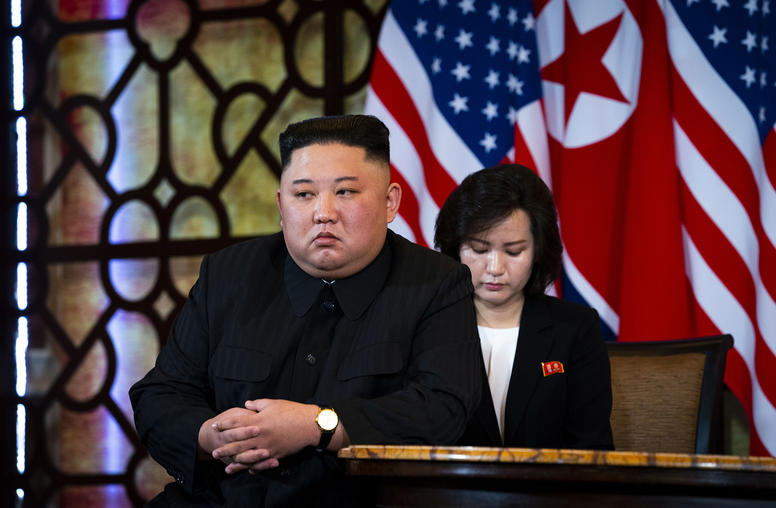
Could U.S.-North Korea Talks Resume in 2020?
The coronavirus pandemic has put many U.S. foreign policy priorities on the back burner, including the North Korea dilemma. But this longstanding problem continues to deepen regardless of COVID-19’s trajectory. In March, Pyongyang conducted five short-range ballistic missile and rocket launches. In addition, North Korea is expanding existing rocket launch facilities and building new ones. The unexplained disappearance of North Korean leader Kim Jong Un in April led to much speculation about the future of the North Korean regime. Meanwhile, the U.S. presidential elections looms large over North Korea’s calculations. What’s in store for the rest of the year?

Frank Aum on North Korea and Coronavirus
Despite reporting no confirmed cases, USIP’s Frank Aum says, “It’s safe to say the virus is in North Korea,” and that the isolated nation is still trying to “maintain the visage of invulnerability” through missile tests and other military demonstrations—all while instituting drastic public health measures.
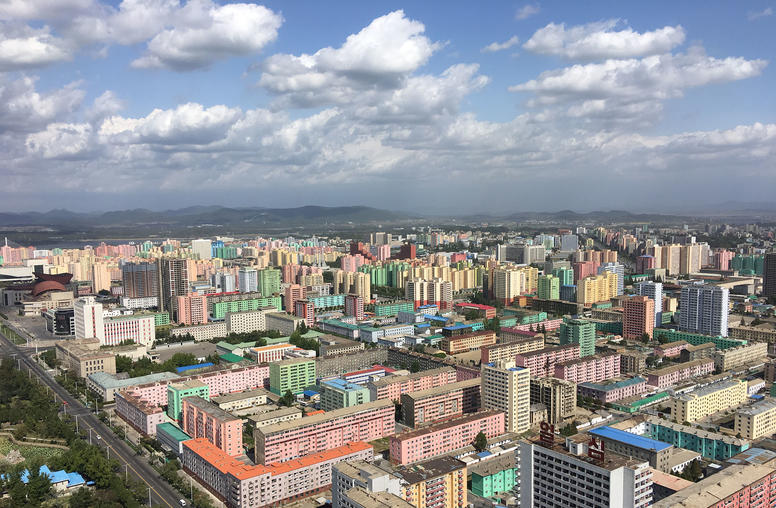
North Korea: Coronavirus, Missiles and Diplomacy
Despite reporting no cases of COVID-19, North Korea’s poor health infrastructure and proximity to coronavirus hotspots make it especially vulnerable to the deadly pandemic. Increasing the risks, humanitarian workers and medical supplies in the North Korea are limited by travel restrictions and sanctions even as the U.N. sanctions committee provided some exemptions to help deal with the virus. An outbreak of the disease in North Korea could have crippling political and socioeconomic consequences, even threatening its internal stability.
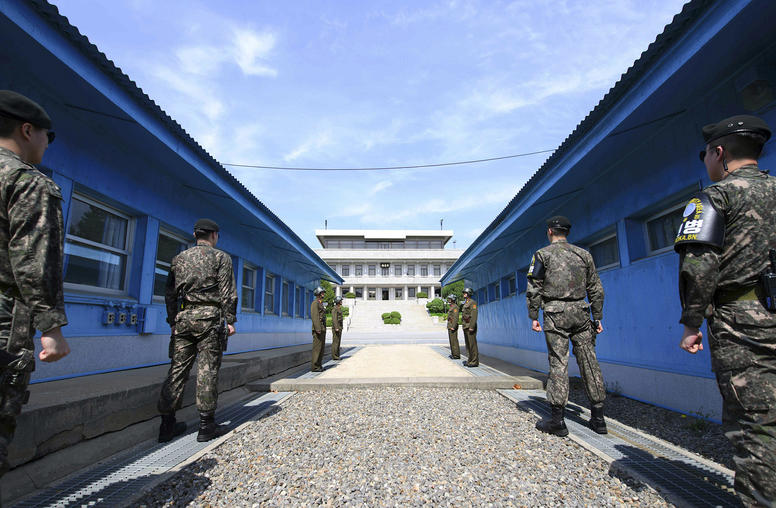
A Peace Regime for the Korean Peninsula
A joint statement by the United States and North Korea in June 2018 declared that the two countries were committed to building “a lasting and stable peace regime on the Korean Peninsula.” Such a peace regime will ultimately require the engagement and cooperation of not just North Korea and the United States, but also South Korea, China, Russia, and Japan. This report outlines the perspectives and interests of each of these countries as well as the diplomatic, security, and economic components necessary for a comprehensive peace.

Frank Aum on the Year in North Korea Diplomacy
With North Korea’s self-imposed, year-end deadline for a nuclear deal looming, USIP’s Frank Aum says that while complete denuclearization isn’t likely in the near term, “all of the components of a good-enough interim nuclear deal are there, but both sides need to be flexible on some of the harder issues.”

Frank Aum on the Latest on North Korea Nuclear Negotiations
Once U.S.-South Korean joint exercises conclude next week, USIP’s Frank Aum believes working-level negotiations with North Korea will resume. Despite the lack of progress over the last year, Aum says,